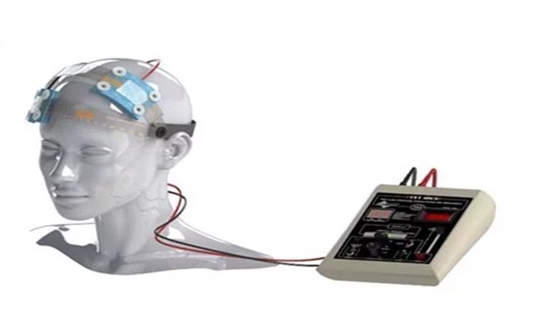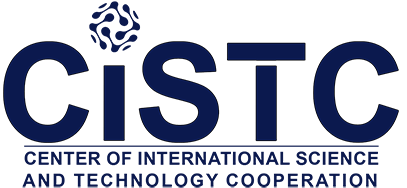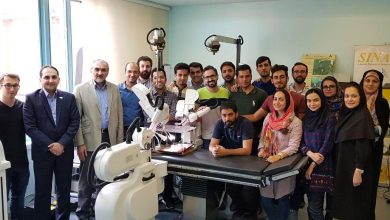Iran develops breakthrough non-invasive deep brain stimulation device for addiction treatment

Researchers at Isfahan University of Technology, supported by the Cognitive Sciences and Technologies Development Headquarters, have achieved a significant milestone by creating a non-invasive deep brain stimulation device using the time interference method for addiction treatment.
The device employs a four-channel temporal interference method, utilizing transcranial electrodes and high-frequency sinusoidal currents to induce constructive interference within the brain, intensifying stimulation at specific depths.
Amir Akhavan, the project’s lead and a faculty member at Isfahan University of Technology, emphasized that this pioneering research explored the effectiveness of temporal interference stimulation in treating morphine addiction using an animal model.
Addiction inflicts cognitive damage on the brain, prompting the pursuit of innovative approaches.
The non-invasive electrical stimulation of the brain, mainly using temporal interference, has shown promise in treating various disorders, including addiction.
Unlike invasive approaches involving surgery and electrode implantation, this non-invasive method offers a safer and more feasible alternative. The researchers aspire to revolutionize addiction treatment by integrating this non-pharmacological intervention into traditional methods, potentially enhancing patients’ quality of life and rehabilitation outcomes.
Akhavan expressed optimism, envisioning the non-invasive time interference method as a transformative addition to addiction treatment, would pave the way for a novel and effective approach to address this pressing public health issue.






